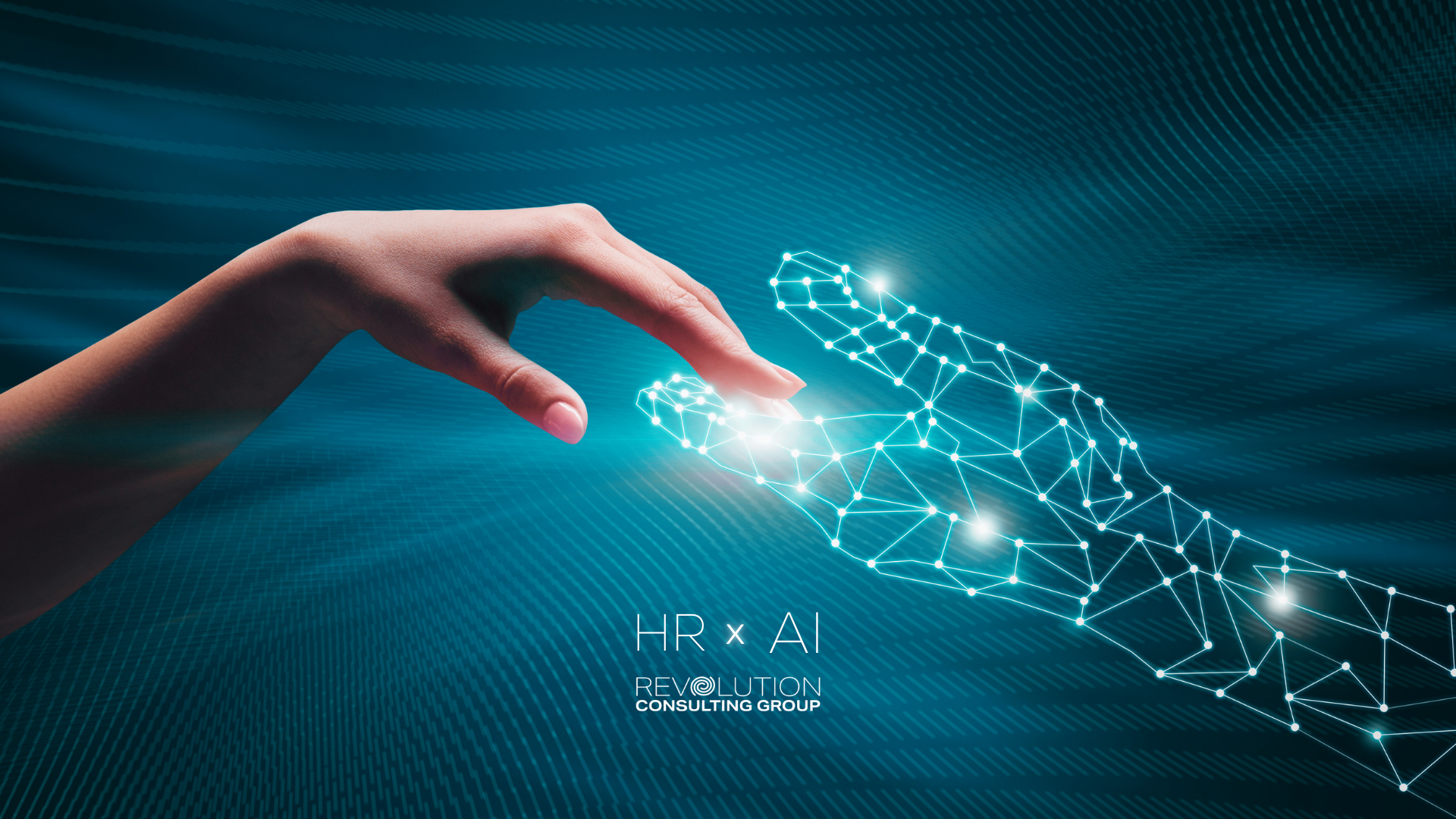Award and Pay Mistakes: Why 'Set and Forget' Could Cost Your Business Thousands
Overview
Think your payroll software has got you covered? Think again. In Australia, you, not your payroll system, are responsible for ensuring staff are paid correctly under the right Award, classification, and entitlements. If something’s wrong, Fair Work won’t fine your software provider. They’ll fine you.
Too many businesses set up payroll once and never revisit it. But Australia’s industrial relations system is one of the most complex in the world. With over 120 Modern Awards, changing minimum wages, and varying entitlements, keeping up can feel like chasing a moving target.
That’s why Award and pay mistakes are one of the most common and expensive HR issues affecting Australian businesses today.
Examples of What Can Go Wrong
1. Hospitality Industry Underpayments
In December 2024, the operators of Hotel Frangos and Café Koukla were penalised $104,000 for deliberately underpaying staff. The Fair Work Ombudsman took legal action, emphasising the seriousness of wage underpayment in the hospitality sector.
2. Security Company Wage Theft
In January 2025, a Perth-based security company was found to have deliberately underpaid more than $900,000 to its guards. The Fair Work Ombudsman initiated legal proceedings, underscoring the importance of compliance with wage laws.
3. University Staff Underpayments
In December 2024, the University of Sydney entered into an Enforceable Undertaking after underpaying staff. The Fair Work Ombudsman highlighted the need for large institutions to ensure compliance with workplace laws.
4. Fast-Food Sector Violations
In February 2025, penalties were imposed for the underpayment of migrant workers at United Petroleum outlets. The Fair Work Ombudsman emphasised the need for businesses to adhere to fair pay standards, especially for vulnerable worker groups.
5. Sushi Chain Penalised for Exploitation
In August 2024, the former operators of Sushi Bay outlets faced record penalties of $15.3 million for exploiting migrant workers. This case highlights the severe repercussions of wage exploitation.
6. Hamilton Island Staff Back-Pay
In February 2025, Hamilton Island Enterprises back-paid $28.1 million to over 2,000 current and former staff after underpaying their award entitlements over eight years. This significant repayment underscores the importance of regular payroll audits.
7. Fast-Food Workers Compensated
In November 2024, the Fair Work Ombudsman recovered over $310,000 for 370 workers in fast-food outlets across Adelaide's western suburbs after an investigation into wage theft. This demonstrates the widespread nature of underpayment issues in the fast-food industry.
8. Industrial Equipment Company Fined
In December 2024, ABMENG Pty Ltd, a Sunshine Coast industrial equipment company, was fined $56,000 for failing to pay employees their leave entitlements. The company's sole director faced an additional $11,000 penalty, highlighting the personal liability directors can face.
9. University Underpayment Issues
In March 2025, reports indicated that Australian universities had underpaid staff by $176 million over four years, affecting more than 80,000 employees. This systemic issue points to the need for comprehensive payroll reviews in the education sector.
10. Bar Owner Fined for Underpayment
In December 2024, Rocco Esposito, owner of Bar Rosella in Melbourne, was fined over $60,000 for underpaying a worker at his previous establishment. This case serves as a reminder that individual business owners can be held accountable for wage theft.
These cases underscore the critical importance of regular payroll audits, accurate Award interpretation, and proactive compliance measures to prevent underpayment issues.
Why This Matters to Business Owners
There’s a common mindset among Australian SMEs: “We’re too small to worry about that.” But Fair Work doesn’t give you a free pass based on size. In fact, smaller businesses are more likely to get it wrong because they lack dedicated HR or legal teams.
With Fair Work audits increasing and backpay cases hitting headlines regularly, the risk of ignoring your obligations is real.
In addition, a new wave of employee activism and transparency particularly through social media means staff are more informed than ever about their rights. If you’re not compliant, your team (or ex-team) will find out.
Key Takeaways and Action Points
1. Don’t Rely on Software Alone
- Your payroll system only processes the data it’s given.
- If that data is incorrect, you’re still liable.
2. Don’t rely on Advisors where HR isn’t their speciality
- Most accountants, bookkeepers, and business coaches aren’t qualified or experienced in interpreting Awards or employment conditions. With constant changes to legislation and Award provisions, it’s critical to seek support from a specialist HR Consultant who works with these issues daily.
- While some lawyers are well-versed in Fair Work legislation, many generalist practitioners aren’t across the nuances of Award interpretation or compliance. HR Consultants are often more practical, cost-effective, and solutions-focused.
3. Get an Award and Pay Audit
- Have an HR or legal professional audit your current Awards, classifications, and pay rates.
- Make this an annual event, especially after any wage increases or Award changes.
4. Review Every Role Against the Right Award
- Don’t assume everyone’s covered under the same agreement.
- Job titles are not the same as job classifications.
5. Track Entitlements Transparently
- Keep detailed records of leave loading, penalty rates, super, and allowances.
- Make it accessible and understandable for your staff too.
6. Train Managers and Admin Staff
- The people doing your rostering, approving timesheets, or managing payroll need to understand the basics of Awards and entitlements.
7. Create a Consistent Pay and Classification Policy
- Document how roles are evaluated and paid.
- Ensure equity and transparency across your organisation.
Final Thoughts
Employment legislation isn’t something to 'wing' or guess your way through. Between dodgy contracts, toxic team dynamics, and costly payroll mistakes, the hidden costs of poor HR practices can run into the tens or hundreds of thousands.
But the good news? Each of these mistakes is avoidable - with the right knowledge, proactive systems, and expert support.
Consider this: Is a $500 payroll audit cheaper than a $125,000 backpay claim next year?
The real question is not if you should check your compliance - it's how quickly you can fix it before it costs you.
FAQs
1. Can I just use a free employment contract template that I downloaded from the internet?
You could - but you shouldn’t. Templates rarely account for the nuances of Australian employment law, Modern Awards, or specific industry entitlements, not to mention specifics of your workplace.
2. What’s the easiest way to tell if someone’s under the wrong Award?
Get a professional HR audit. Roles should be assessed against duties, not job titles, and many roles can fall under different Awards depending on industry context.
3. Can I be fined even if my payroll system made the mistake?
Yes. Fair Work holds employers, not software, responsible for errors.
4. What’s the best investment to avoid these HR issues?
Engage an HR consultant to review your contracts, pay structures, and procedures. Prevention is far cheaper than the Fair Work Commission determining underpayments down the track – remember it’s not just wages that have to be fixed up, it’s tax and super if you make an error.
Need more help?
If these changes feel overwhelming or if you’re unsure where to begin, here’s how we can help you:
- Click here to book a FREE 30 minute consultation to discuss your HR challenges.
- Click here to get a HR Health Check to review your policies, procedures and frameworks.
- Click here to join our mailing list to get more free tips, advice and updates on all things HR, WHS and Leadership.





READY TO GET THINGS DONE?
Revolution Consulting Group is your Dedicated HR Partner






